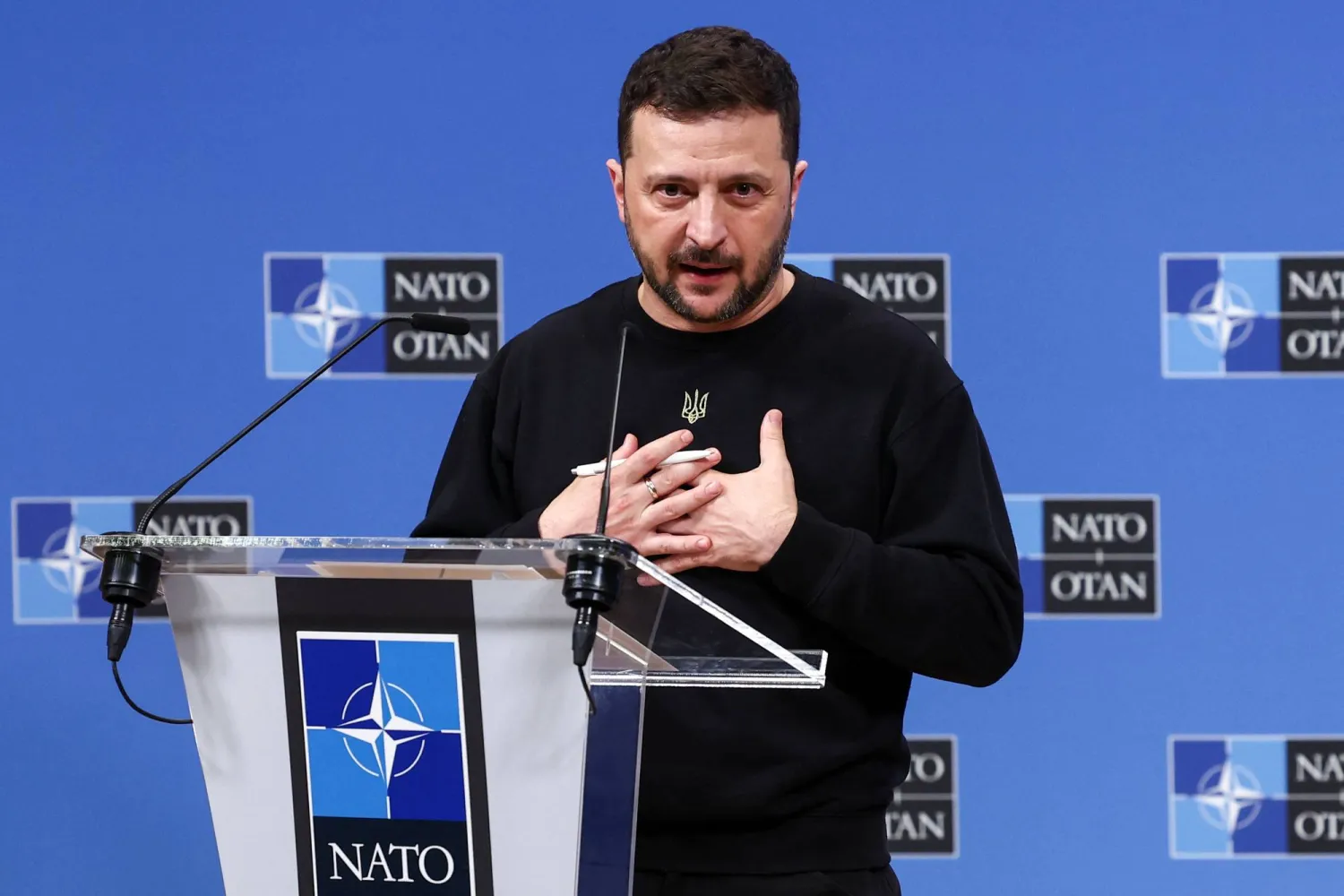Ukrainian President Volodymyr Zelenskiy said on Friday that Russia plans to deploy North Korean troops to the battlefield starting Oct. 27-28, citing intelligence reports.
"According to intelligence reports, on October 27-28, the first North Korean military will be used by Russia in combat zones,” he said on the Telegram messenger after receiving reports from his top commander.
Zelenskiy called on allies to respond to this "escalatory move" by applying "tangible pressure" on Moscow and Pyongyang.
But Russian President Vladimir Putin said on Friday that it was Russia's business whether or not it decided to use North Korean troops and said that if Ukraine wanted to join NATO then Moscow could do what it wanted to ensure its own security.
The United States said on Wednesday that it had seen evidence that North Korea has sent 3,000 troops to Russia for possible deployment in Ukraine, a move that the West is casting as a significant escalation of the Ukraine war.
Ukraine's military intelligence service said that the first North Korean units trained in Russia had been deployed in the Kursk region, a Russian border area where Ukrainian forces took a chunk of Russian land in August.
"When we have to decide something, we will decide... but it is our sovereign decision whether we will apply it, whether we will not, whether we need it," Putin told Russian state television. "This is our business."
Putin said that the West repeatedly said that it was up to Ukraine how it ensured its security - "with or without NATO."
"The sooner they realize the futility of such an approach in relations with Russia, the better it will be for everyone, and perhaps, above all, for themselves," Putin said.









